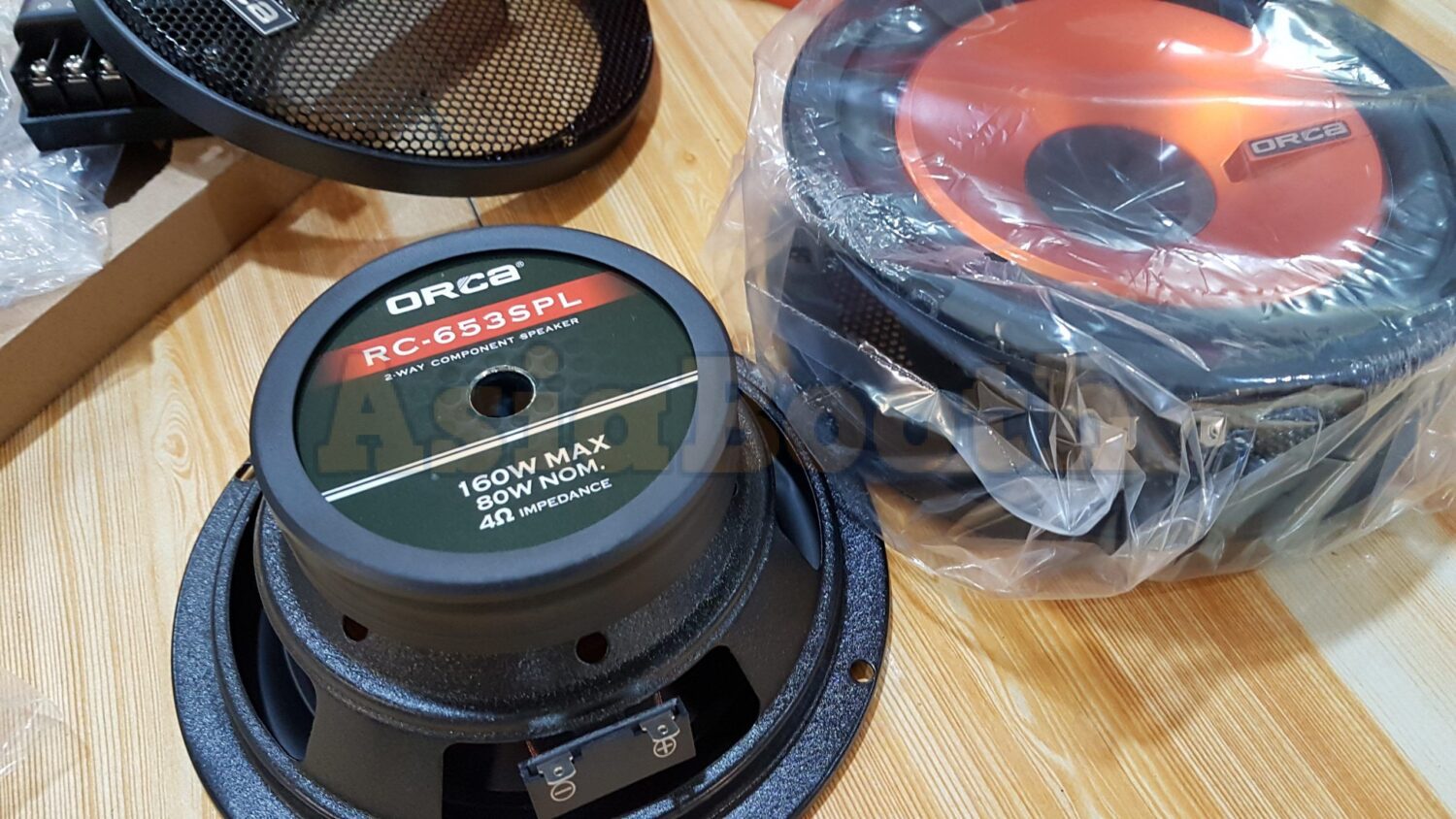What Does Ohm Mean in Speakers?
What Does Ohm Rating Mean in Speakers?
An ohm is a unit of electrical resistance. When used in speakers, it refers to a speaker’s resistance to an amplifier’s power. This resistance, also known as impedance, affects a speaker’s sound quality; thus, when purchasing a speaker, the ohm rating is a crucial factor for consideration.
Generally, there are 2, 4, and 8-ohm speakers. If the resistance is high, the sound will be better, crispier, and cleaner. However, the 4-ohm is the prevalent one. The more resistance or impedance, the less power you need, while the lower the ohm, the more power you need.
Why Does Ohm Matter in a Speaker?
In speakers, ohms are vital because they affect sound quality and loudness (loudness is measured in decibels). To get louder without producing distortion, you need to find speakers with higher impedance ratings than those with lower ratings.
On the other hand, if you want to preserve clarity at high or low frequencies while getting the most volume possible out of your system, go for speakers with lower impedances. This means the lower the impedance, the more the current flows, and the greater the load, which means increased power. Similarly, the higher the impedance, the lower the current flow and load, leading to decreased power.
Ultimately, the ohm rating in a speaker matters because it helps match speakers with the right amp capacity.
What Are the Standard Ohm Ratings, and How Do They Affect Speakers?
The standard ohm rating for most speakers tends to fall between 4 and 8 ohms, though some higher-end speakers can have higher ratings. This rating affects speakers and determines the sound quality.
For example, a 2-ohm speaker will allow more current flow and load, thus using more power than a higher-rated one. As such, you should always match your amplifier to your speaker in terms of ohm ratings.
You want to ensure that your amplifier’s power rating equals or exceeds that of your speakers. Keep in mind that the impedance of a speaker determines its power rating, and you need to understand this concept when choosing speakers and amplifiers for your sound system.
The lower the impedance number, the more power can be outputted from an amplifier before overloading it. Therefore, low-impedance (4-8 ohms) speakers need powerful amps with high wattage levels.
High-impedance (8-16 ohms) speakers are easier on their respective amps since they aren’t as demanding. However, they have lower sensitivity ratings than low-impedance models (i.e., less loud).
How to Choose Ohm Rating for a Speaker?
Choosing the right speaker can be challenging, especially if you do not know what to look for. But to help you choose the best home rating for a speaker, here are factors to consider.
The impedance
This is the measure of how much your speaker resists current from your amplifier. Always check your speaker and amplifier ratings to see their compatibility and help you choose the best combination.
The Power
Power is measured in watts, and for speakers, it refers to the amount the speaker can handle or the amount of power that the speaker consumes from the source. This is an essential factor in the performance of a speaker, and the higher the power, the more powerful the sound produced.
The amount of power that a speaker takes depends on its size and type. Speakers with higher wattage like the Motion Boom Plus, deliver better sound than those with lower wattage. So if you want to get better sound quality out of your speakers, ensure they have enough power.
Sensitivity
This refers to how loud a speaker is when driven by 1 watt and you are 1 meter away from it. Considering this aspect helps you determine how loud your speaker will be.
Essentially, it means a speaker with higher sensitivity sounds louder than one with low sensitivity, even though it does not mean the former is better. It only means a speaker with high sensitivity can easily and comfortably reach higher volumes and remove the need for a powerful amplifier.
Credit: soundcore.com


